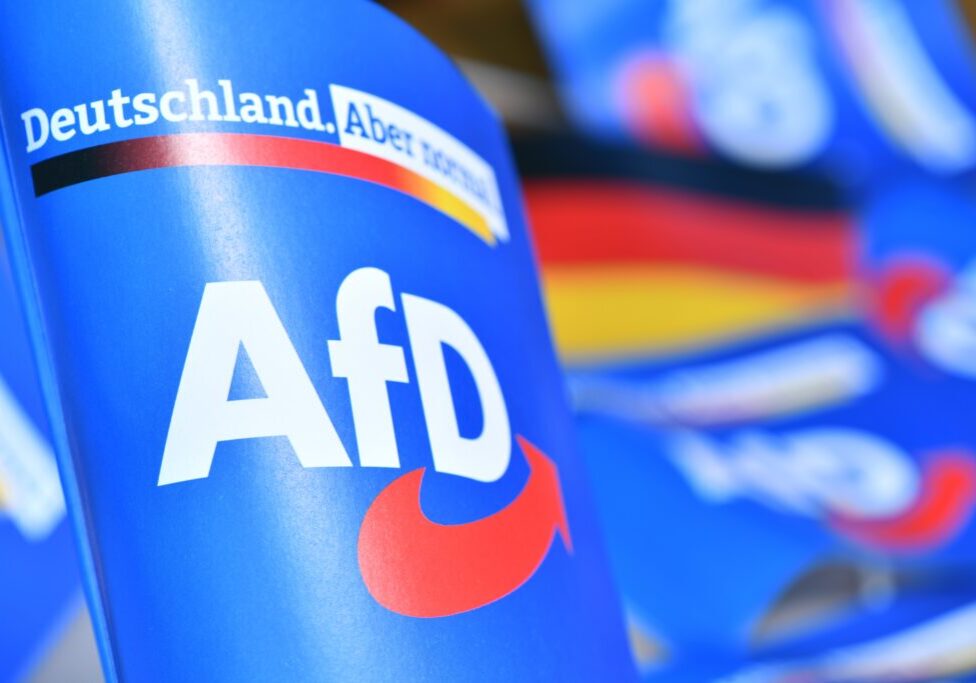Australia/Israel Review
Europa Europa: Sarkozy’s “Club Med”
Jul 29, 2008 | Douglas Davis
Douglas Davis
Sarkozy’s “Club Med”
When Nicolas Sarkozy launched his ambitious vision for a Union of the Mediterranean, he spoke of creating an “arc of prosperity” stretching from Morocco to Turkey (while also, incidentally, solving the Arab-Israeli conflict).
Such a union, proclaimed the French president, would “end all hatreds to make way for a great dream of peace and a great dream of civilisation.” The subtext of this high-flown initiative was a hard-nosed attempt to ease north-south tensions, ameliorate immigration pressure from the Arab Middle East and North Africa, and to draw the sting from Islamic extremism.
But the wings of Sarkozy’s ambition were drastically trimmed by France’s more powerful German neighbour. As Berlin saw it, Sarkozy wanted to expand French influence by creating the Mediterranean Union under his leadership as a counterweight to the European Union’s eastward expansion led by Germany. And the Germans moved swiftly to limit the initiative.
Fellow European leaders have looked on with wry amusement over the past year as Sarkozy was forced to curb his enthusiasm for what they derisively dubbed “Club Med”. The aspiration of an “arc of peace” was eventually reduced to a hatful of technical, cross-border issues – cleaning up the Mediterranean, exploiting solar energy and coordinating disaster relief.
Ironically, the more limited ambitions of the Union probably accounted for the fact that every Arab leader from the Middle East and North Africa whose country bordered the Mediterranean – except Libya’s Muammar Gaddafi – attended its launch in Paris last month.
The gathering was an achievement in itself for Sarkozy. This band of brothers is more often at each others throats than sitting around a common table exchanging cordial niceties (tensions were running so high in March that Saudi Arabia and Egypt led a boycott of an Arab League summit because it was convened in the Syrian capital).
But the reason that members of this dysfunctional family trooped so sulkily into the Grand Palais and struggled so hard to contain its collective nervous tic was not only their deep mutual loathing but also that Israel’s prime minister, Ehud Olmert, was among their number.
True, the occasion was accompanied by much media hype. Olmert posed for photographs with Palestinian President Mahmoud Abbas and declared that the two sides had never been closer to an agreement. Abbas beamed back.
But by common consensus, the major beneficiary of the gathering was Syria’s Bashar Assad, the closest Arab ally of Iran, who is regarded with distrust by both his Arab brothers and by much of the international community, not least the United States, which has declared his Ba’athist state to be a state sponsor of terrorism.
In recent months, his regime was found to be discreetly pursuing a nuclear weapons program (which was bombed by Israel), while senior Syrian officials are being investigated by the United Nations for complicity in the car-bomb assassination of former Lebanese Prime Minister Rafiq Hariri.
Even if Assad physically shielded his face from Olmert to avoid making eye contact, he seized on the Paris meeting to break out of his stifling isolation and, perhaps, start on the path to rehabilitation and respectability. He conceded as much when he told the French daily Le Figaro: “For me, this visit is an historic visit, an opening towards France and Europe.” Of special symbolic significance, Assad was accorded a place of honour at France’s Bastille Day parade, a rare distinction normally reserved for France’s close allies.
The $64,000 question is whether the new, compliant Assad, who rules one of the world’s most oppressive and opaque states, will persevere along the path of respectability or, more likely, whether he is pragmatically repositioning himself in the face of international challenges and the prospect of a new administration in Washington.
In European terms, Sarkozy pulled off a remarkable coup. Not only did he assemble the disputatious Arab parties, plus Israel, in a single room – something that only the Americans had previously been able to do – but he also raised expectations that his “Club Med” could indeed provide the platform for a diplomatic process.
It is too early to judge whether Sarkozy’s charm offensive will transcend the feel-good photo-ops and lead to tough, arm-twisting diplomacy. Chances are it won’t. The French do not have the muscle of the United States to heave the parties across the finish line.
And even without the Paris meeting, a flurry of diplomatic activity is underway. Israeli and Palestinian Authority leaders are meeting regularly, while Israeli and Syrian officials are talking via Turkish intermediaries. Whether any of this will lead anywhere is another matter.
In the meantime, seasoned observers were as sceptical at the conclusion of the “Med fest” as they were at the outset. The various Arab players went through the motions of demonstrating égalité and fraternité, if not actually liberté. But it was hard to escape the conclusion that they were involved in a bizarre beauty pageant designed to impress the incoming US administration.
Even as they were leaving the City of Love a note of discord had intruded. At the last minute the French hosts agreed that the final declaration would have to be revised to accommodate Palestinian objections to the description of Israel as “the state of the Jewish people”.
Dysfunctional families have a curious way of doing business.
Tags: Europe






